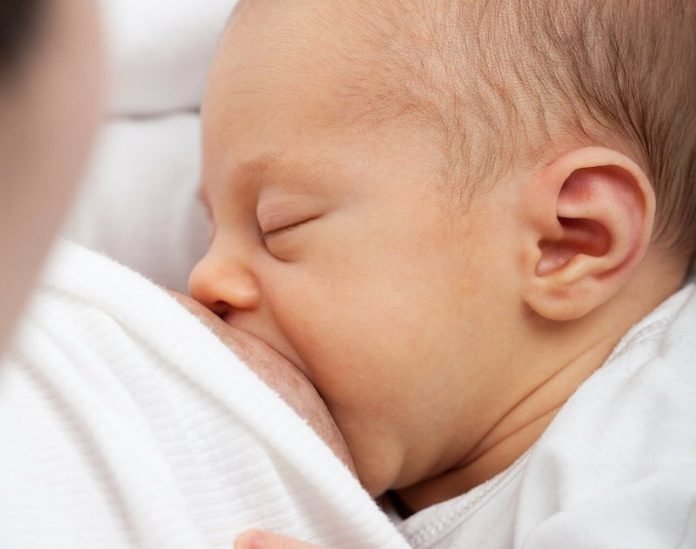
In a new study from the University of Rochester, researchers found evidence that mothers with two types of immunity from COVID—disease-acquired (those who have contracted COVID and recovered) and vaccination-acquired—produced breast milk with active SARS-CoV-2 antibodies.
They collected data from 77 mothers —47 in the infected group, 30 in the vaccine group—to determine the level of antibodies in breast milk over time.
Mothers who had disease-acquired immunity produced high levels of Immunoglobulin A (IgA) antibodies against the virus in breast milk, while vaccine-acquired immunity produced robust Immunoglobulin G (IgG) antibodies.
Both antibodies provided neutralization against SARS-CoV-2, the first time such evidence has been discovered for both IgA and IgG antibodies.
Previous studies had shown evidence of antibodies in breast milk from COVID positive mothers.
This follow-up study represents the longest time period that disease-acquired antibodies have been examined post-illness, and the results showed that these antibodies exist for three months after infection.
For vaccinated mothers, the study found evidence of a mild-to-modest decline in antibodies—on average—three months post-vaccination.
The trend in breast milk antibodies aligns with what we see in vaccination sera. After a few months, the antibodies trend downward, but the levels are still significantly above what they were pre-vaccine.
The researchers emphasize, however, that while the antibody response exists, it’s not yet shown whether these breast milk antibodies can provide protection against COVID for nursing children.
The study is published in JAMA Pediatrics. One author of the study is Bridget Young, Ph.D.
Copyright © 2021 Knowridge Science Report. All rights reserved.



